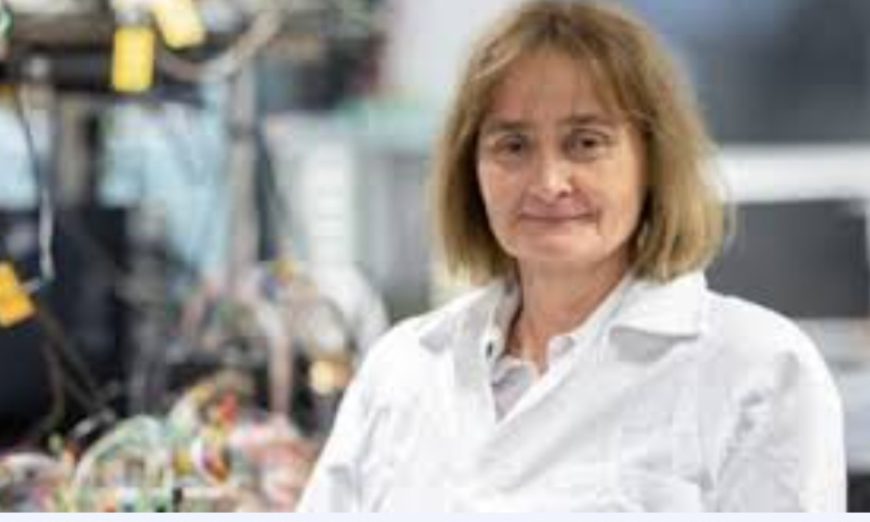In a historic first, the United Kingdom has appointed Professor Michele Dougherty as Astronomer Royal, making her the first woman to hold the prestigious title in its 350-year history.
The Astronomer Royal is an honorary role that dates back to 1675. Traditionally, the post involves advising the UK’s monarchy on astronomical matters and promoting public interest in space and science.
Professor Dougherty is best known for her work on NASA’s Cassini mission, which led to the discovery of jets of water vapour erupting from Saturn’s moon Enceladus, a finding that suggests the moon could potentially support life.
“I want to engage with the public, excite them about what we do in astronomy, but also make it clear how important what we do is to the UK economy,” Prof Dougherty said.
Prof Dougherty is involved in one of the most exciting space missions to date: a European Space Agency probe to the icy moons of Jupiter to assess whether they have the potential to support life.
“It would be surprising if there wasn’t life in our solar system,” she said laughing, with the unbridled enthusiasm she is known for.
Her journey to Jupiter began at the age of 10 and saw the planet through a telescope she, her sister and her father built. “That was when I got my first view of Jupiter and four large moons, never thinking I’d end up sending instruments on a spacecraft there,” she said. “I’m having to pinch myself at the thought of it and I’m having to pinch myself at the fact that I’m now Astronomer Royal!”
Prof Dougherty’s achievement is all the more remarkable as she did not study science at secondary school in South Africa where she grew up. “I had a choice between schools. One of them taught science, but none of my friends were going to it,” she said. “So as a young 13-year-old, I thought, I want to go with my friends.”
But the young Prof Dougherty was so good at maths that she was admitted to a science course at university. “The first couple of years were hard. It was like learning a new language,” she said.
But she soon caught up and came to the UK to become one of the country’s leading space scientists, showing tremendous courage as well as talent

